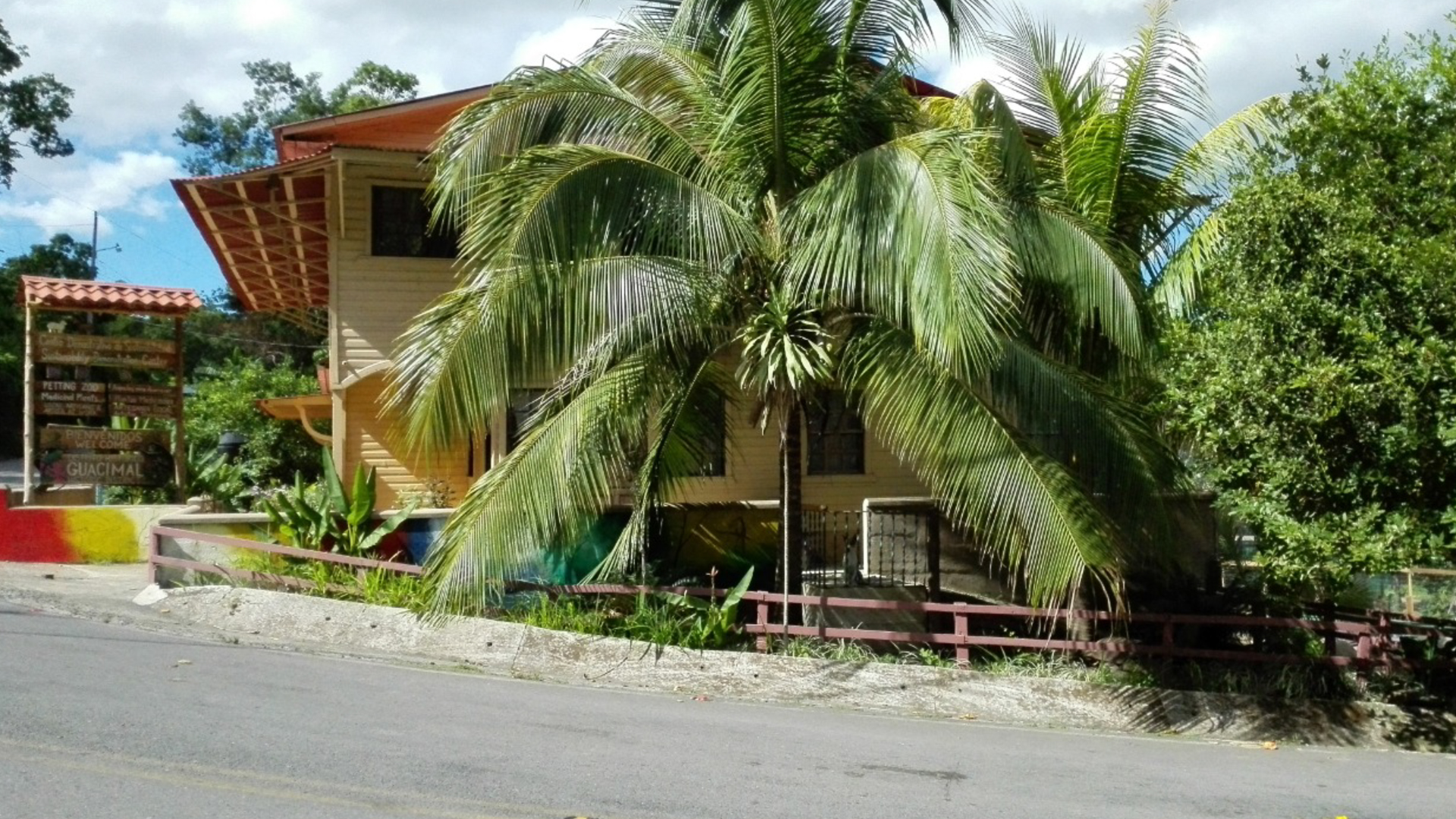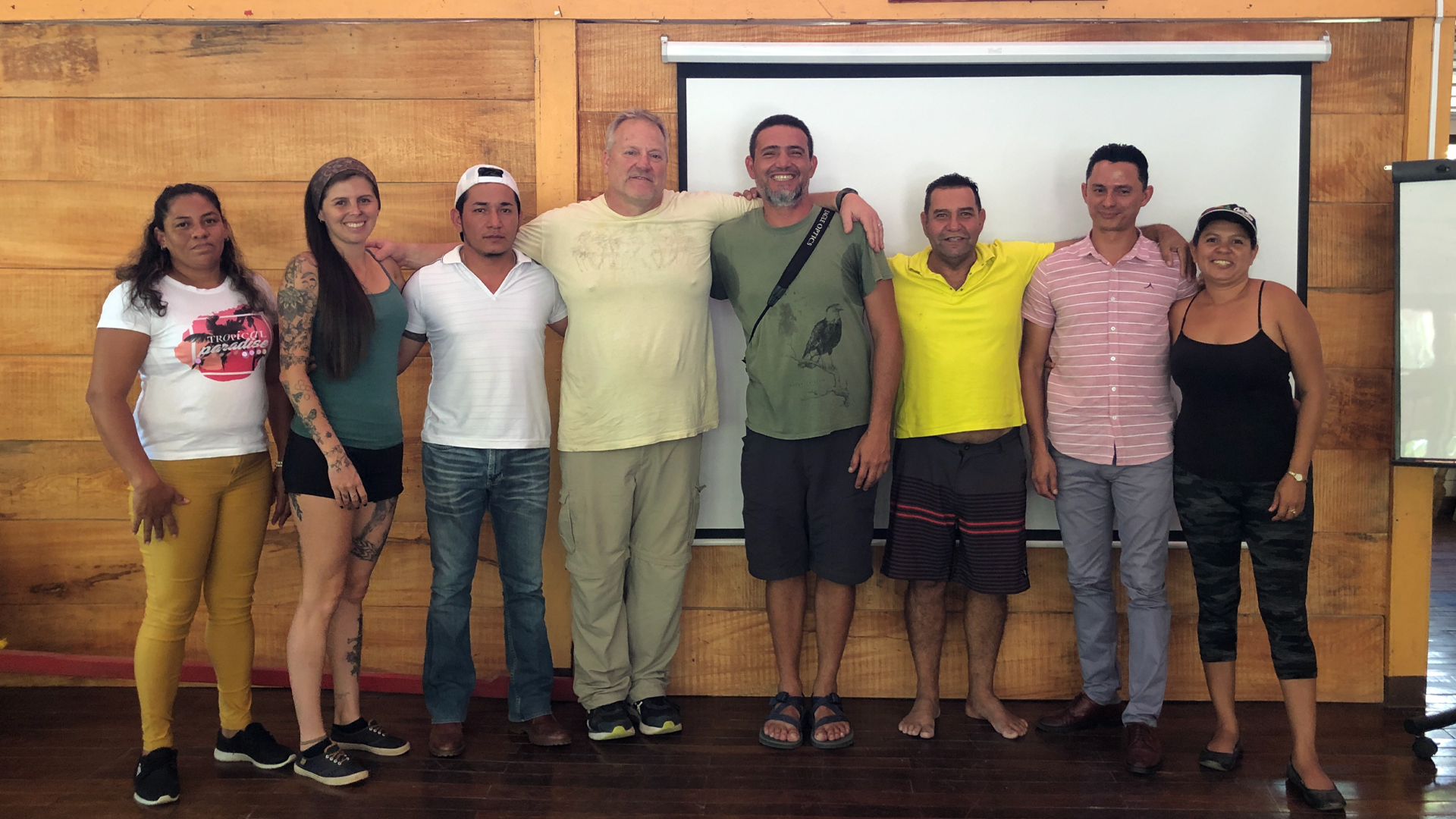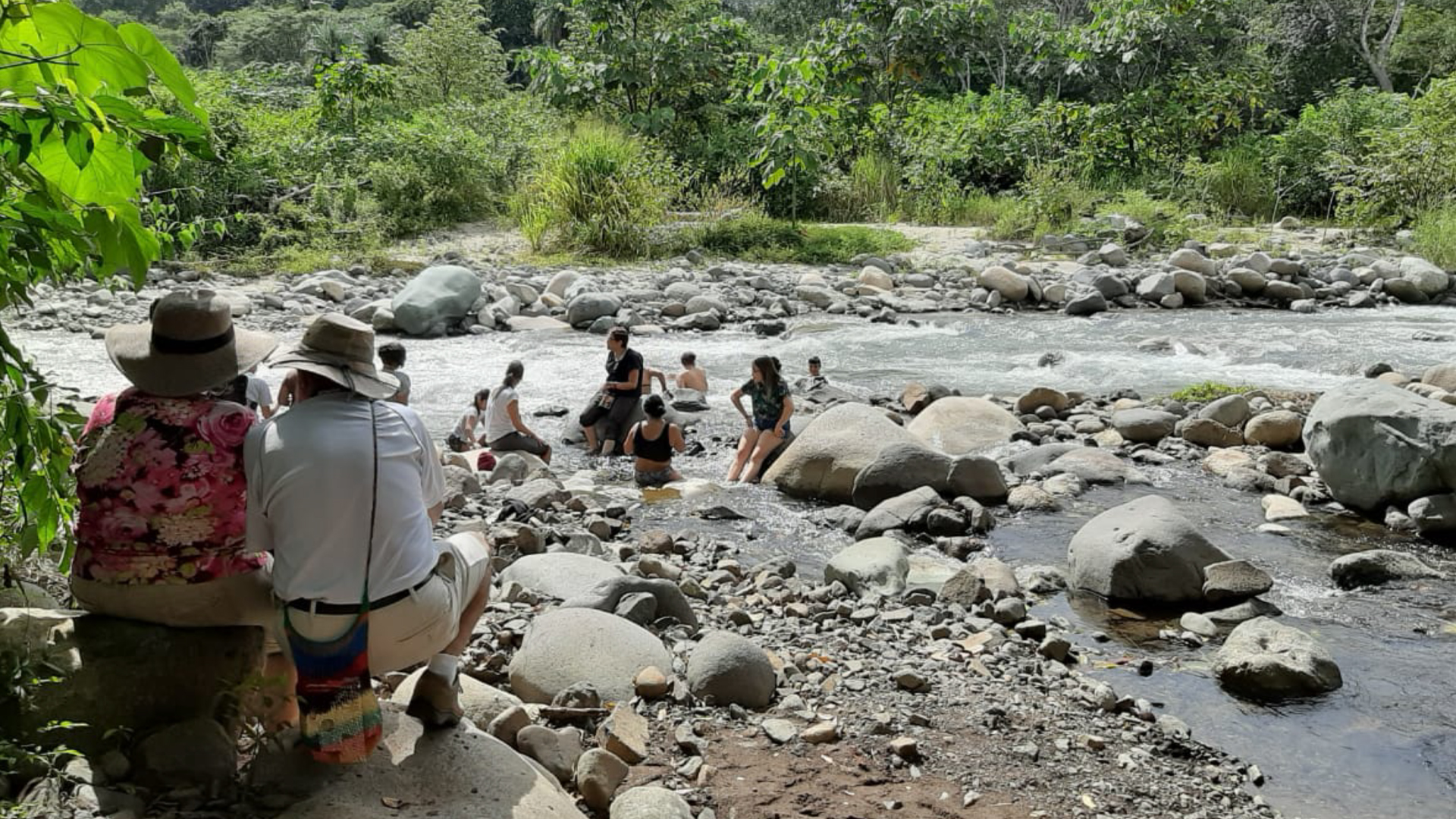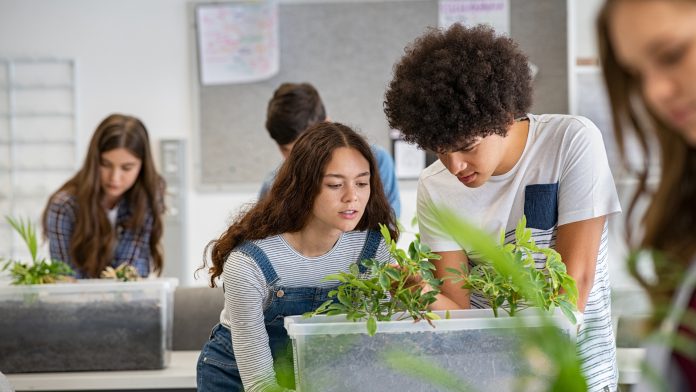Dr Thomas Shahady, Professor of Environmental Science at the University of Lynchburg, describes a new way of learning – one based on experience.
A renewed paradigm of education is emerging; a paradigm where students thrive instead of just learning. They become part of new experiences, communities, and cultures; they experience education by being part of it; they are taught to think outside of the classroom walls, putting aside tests and papers. This is a new way to educate.
History tells us many, many things. At one moment, an industry or nation is at the pinnacle of success, only to later look around and wonder where it all went. From early formations in medieval times and into its current form, the university has undergone minimal change. Ideas such as the lecture, professor, provost, and commencement are 900 year old traditions we still practice. Things such as tenure and academic freedom, and now course modalities, have no meaning to those who pay tuition and bear the debt of student loans. The once revered centres of intellectual advancement are degenerating into stagnating halls of rhetoric. It has become increasingly more complex to teach less and less content each year.
And this is occurring at a time when education is at a premium. The demand for highly skilled individuals solving ever increasing complex problems needs integrative and thoughtful solutions. As we look to access a more socioeconomically diverse population of students, the traditional campus setting becomes less effective. What we need is a porous boundary between the university and the communities we serve, meeting students where they are creating an interactive exchange of ideas. The educational system cannot continue to extract large sums of time and money only to return fact-based learning cloaked in traditional practices. We need education fully integrated into solving societal needs at ground level. Thinking must be critical, creative, empathetic, and framed in the proper perspective. Students need to experience their education, learn about people, their problems, where they live, and what they aspire to be. This is what the university needs to provide.

Educational research
Educational research supports these ideas. In studies of student achievement, the learning of facts is impacted by the setting where learning is accomplished. When students are tasked for enacting policy or problem solving, only students who have learned through experience pursue a deeper and more nuanced solution. These students demonstrate a commitment and curiosity unlike their classroom-based counterparts because they see what their efforts can accomplish. They gain mastery of their subject through action and integration into a community thus promoting cognitive development. Intellectual growth flourishes as they exchange ideas in this environment.

So, when students actively experience education they learn, generate interest, and want to share. They are inspired. All students crave this experience, but it has become lost somewhere in the machinery and processes of the university. Unfortunately, in the environmental sciences we have also lost this capacity. We have shifted our desired outcomes, and we have traded solving complex environmental problems for anthropomorphic feel good outcomes. The current movement away from environmental science into sustainability demonstrates this problem. Sustainability seeks a feel good endpoint rather than a technical solution. Instead of feeling empowered by problem solving, students are taught to feel good through experience. We have lost the freedom and the power that environmental education provides through problem solving. We have abandoned genuine environmental solutions succumbing to political expediency.
The Health and Education Center
In Guacimal, Costa Rica, we are changing this. At the Health and Education Center, we are empowering students by placing them into communities to solve problems. In this community, rivers threatened by development were defended by studying key scientific components and providing this information to those who lobbied the supreme court securing their protection. Problems from improperly treated wastewater and declining river health are being solved by students first experiencing this reality then working with community groups, empowering them in their solutions.

Students actively use a vast array of environmental knowledge, interacting with others who look, speak, and do things differently. Students normally stratified in our society are no longer inhibited when intermixed into this community, breaking down all barriers. We see students thrive as they help fix problems, creating everlasting impressions and friendships. And more importantly, they grow as human beings and learn what it is to be human. They see the world as they should – working parts of a greater community, using their knowledge to help one another and they are truly educated and inspired for life.
Therefore, we are asking these fundamental questions as we move forward:
- Do we continue to train students or move down an alternative path to truly educate them?
- Can we successfully move away from traditional university practices and replace them with community service and learning?
- Do we have the courage to change how we evaluate learning, putting the emphasis on meaningful experiences?
- Can we grade our students on problem solving and community empowerment?
- Can we move beyond training students for a career to instead truly fulfil their appetite to make a difference in this world?
- Can we be the facilitators of education rather than the disseminators?
If the university as an institution and we as educators intend to survive, then we must.
Please note, this article will also appear in the sixth edition of our quarterly publication.









